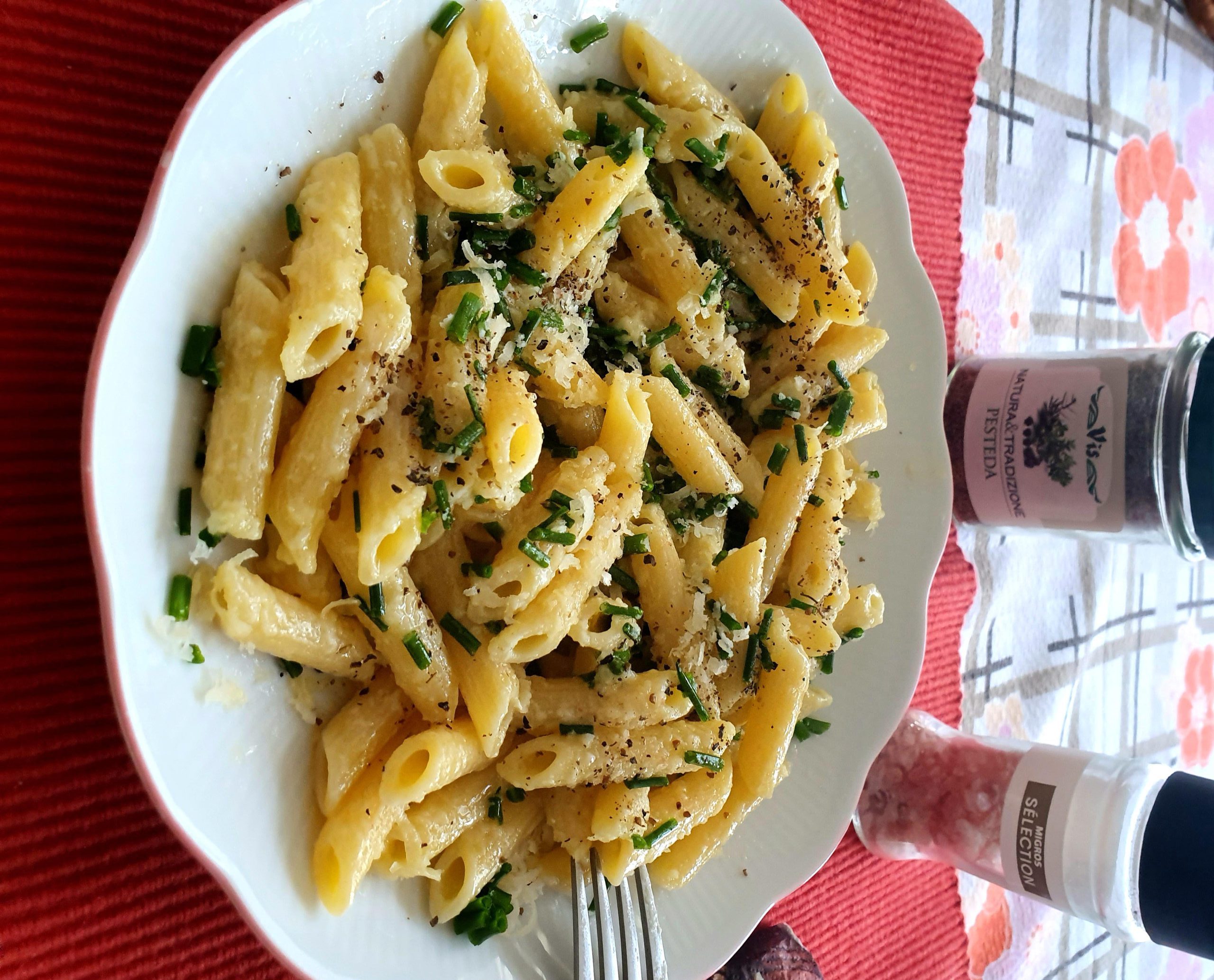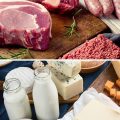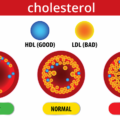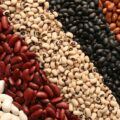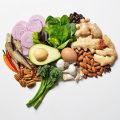Cholesterol is a waxy, fat-like substance that is found in the cells of your body and is crucial for various physiological processes. It plays an essential role in building cell membranes, producing hormones (including sex hormones like estrogen and testosterone), and creating vitamin D. Cholesterol is transported through your bloodstream in lipoproteins, which are compounds that carry cholesterol and fats to and from cells.
There are two main types of lipoproteins that transport cholesterol:
- Low-Density Lipoprotein (LDL): Often referred to as “bad” cholesterol, LDL cholesterol carries cholesterol from the liver to the cells. However, if there is an excess of LDL cholesterol in the bloodstream, it can build up on the walls of arteries, forming plaques. These plaques can narrow and harden the arteries, leading to a condition called atherosclerosis, which is a major risk factor for heart disease and stroke.
- High-Density Lipoprotein (HDL): HDL cholesterol is known as “good” cholesterol because it helps remove excess cholesterol from the bloodstream and transport it back to the liver for disposal. Higher levels of HDL cholesterol are associated with a reduced risk of heart disease.
Cholesterol is naturally produced by the liver, but it can also come from the foods you eat. Dietary sources of cholesterol include animal-based foods like meat, poultry, eggs, and dairy products. Saturated and trans fats, which are often found in processed and fried foods, can also raise LDL cholesterol levels.
Maintaining healthy cholesterol levels is important for cardiovascular health. High levels of LDL cholesterol and low levels of HDL cholesterol are associated with an increased risk of heart disease and stroke. Lifestyle factors, such as a balanced diet, regular physical activity, maintaining a healthy weight, and avoiding smoking, can all contribute to managing cholesterol levels.
Medical professionals often recommend having your cholesterol levels checked periodically, especially if you have risk factors for heart disease, such as a family history of cardiovascular problems or certain health conditions like diabetes or high blood pressure. Based on your cholesterol levels and overall health, your doctor may provide guidance on dietary changes, medications, and lifestyle adjustments to help you maintain optimal cholesterol levels and reduce your risk of heart disease.
Maintaining healthy cholesterol levels is crucial for overall health. While some foods may appear to be cholesterol-friendly due to labels or general perceptions, it’s important to delve deeper into their nutritional content. Here are some surprising foods that might negatively impact your cholesterol levels:
- Coffee: Your morning coffee ritual might not be as innocent as you think. French press or Turkish coffee can raise LDL (“bad”) cholesterol due to the presence of cafestol. This compound is filtered out by drip coffee, making it a better option for cholesterol-conscious individuals.
- Thai Takeout: While Thai cuisine is full of flavors, some dishes contain high amounts of saturated fats from coconut milk. Opt for stir-fried or noodle dishes made with vegetable oil, lean protein (like chicken), and extra vegetables to enjoy the flavors without compromising your cholesterol levels.
- Granola: Often perceived as a health food, granola can be high in saturated fat. Even “low-fat” versions may contain more saturated fat than other cereals. Choose granola sweetened with natural sources like dried fruit, honey, or maple syrup, and prioritize those with ample fiber content.
- Shrimp: Seafood is generally considered heart-healthy, but shrimp stands out due to its high cholesterol content. A single serving contains around 190 milligrams of cholesterol, which might exceed recommended limits. Opt for lower-cholesterol seafood options like scallops.
- Flour Tortillas: While whole wheat flour tortillas might seem like a better choice, they can still be high in saturated fat compared to corn tortillas. Opt for corn tortillas and load them with healthy toppings for a heart-friendly taco.
- Organ Meats: The trend of consuming organ meats might be flavorful, but they tend to be higher in cholesterol compared to other meat cuts. Limit your intake of organ meats like liver, kidneys, and sweetbreads.
- Stick Margarine: Choosing between butter and margarine can be confusing. Opt for soft tub margarine made from vegetable oils, as it contains unsaturated fats that can help reduce LDL cholesterol. Avoid trans fats and saturated fats by reading labels carefully.
- Pasta: While the Mediterranean diet promotes heart health, pasta should be chosen wisely. Opt for pasta dishes with tomato-based sauces rather than heavy meat sauces. Remember that portion control is important, as pasta is still calorie-dense.
- Energy Bars: Energy bars marketed towards active individuals might contain surprising amounts of saturated fat. Watch out for bars with tropical oils like palm oil, which can contribute to elevated cholesterol levels.
- Ghee: An essential ingredient in Indian cooking, ghee is high in saturated fat and cholesterol. Be mindful of ghee consumption, especially if you’re following a cholesterol-lowering diet.
- Duck: While poultry like chicken and turkey are considered heart-friendly options, duck and goose are higher in cholesterol. Choose leaner poultry options to better manage your cholesterol levels.
- Some Dairy Products: Dairy products offer essential nutrients, but full-fat versions can be high in cholesterol. Opt for fat-free or low-fat versions of dairy products, and consider substituting yogurt for sour cream in recipes to reduce saturated fat intake.
In conclusion, being cautious about the nutritional content of foods is essential for managing cholesterol levels. Even seemingly healthy options can contribute to elevated cholesterol if their saturated fat content is high. Reading labels, choosing lean protein sources, and incorporating a variety of heart-healthy foods are key strategies for maintaining optimal cholesterol levels. Always consult with a healthcare professional or registered dietitian for personalized dietary advice.

